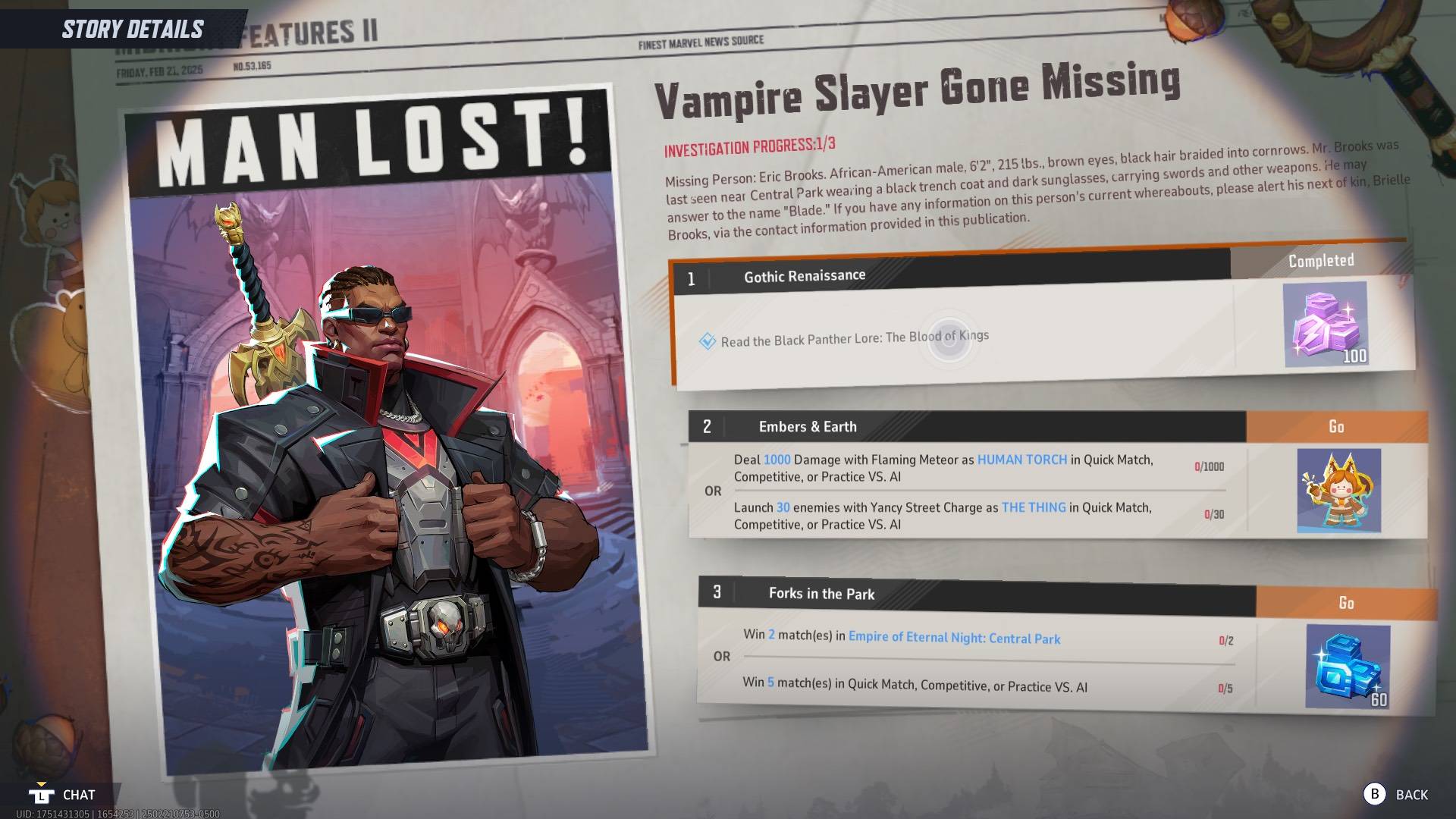EA Learns from Baldur's Gate 3
Former BioWare developers have criticized EA's assessment of Dragon Age: Dreadwolf's underperformance and subsequent restructuring of BioWare. EA CEO Andrew Wilson attributed the game's failure to not resonate with a broad enough audience, suggesting a need for "shared-world features and deeper engagement." This followed layoffs and a restructuring that shifted BioWare's focus solely to Mass Effect 5.
Reports indicate Dragon Age: Dreadwolf's development was plagued by challenges, including layoffs and the departure of key personnel, ultimately resulting in a significantly lower player engagement than projected (1.5 million players versus nearly double the projected number). While Wilson highlighted the game's positive critical reception, he emphasized the need for broader appeal in a competitive market. He implied that incorporating multiplayer elements could have improved sales. However, the game's development underwent a significant reboot, shifting from a planned multiplayer title to a single-player RPG.
Prominent former BioWare developers voiced their opinions on social media. David Gaider, former narrative lead, argued that EA's takeaway – that the game should have been live-service – is short-sighted and self-serving. He suggested EA should emulate Larian Studios' success with Baldur's Gate 3, focusing on the core strengths of the Dragon Age franchise that previously led to high sales.
Mike Laidlaw, a former creative director, expressed his strong disagreement with the idea of fundamentally altering a successful single-player IP into a purely multiplayer experience, stating he would likely quit if faced with such a demand.
The restructuring of BioWare, resulting in a significant reduction in staff, signals a potential end for the Dragon Age franchise, at least in the near future, as BioWare fully commits its resources to Mass Effect 5. EA's CFO, Stuart Canfield, acknowledged the evolving industry landscape and the need to prioritize high-potential projects, underscoring the financial implications of Dreadwolf's underperformance.
-
1

Every Pokémon Game on the Nintendo Switch in 2025
Feb 25,2025
-
2

How To Read Black Panther Lore: The Blood of Kings in Marvel Rivals
Mar 01,2025
-
3
![Anime Vanguards Tier List – Best Units For Each Gamemode [UPDATE 3.0]](https://images.gzztb.com/uploads/35/17376012656791b0f12fa1c.jpg)
Anime Vanguards Tier List – Best Units For Each Gamemode [UPDATE 3.0]
Feb 27,2025
-
4

Nvidia RTX 5090 Specs Leak: Rumor Confirmed?
Mar 14,2025
-
5

Hearthstone has kicked off the Year of the Raptor with a myriad of new content
Mar 16,2025
-
6

Ragnarok X: Next Gen - Complete Enchantment Guide
May 25,2025
-
7

McLaren Returns to PUBG Mobile Collaboration
Aug 27,2024
-
8

Roblox: Trucking Empire Codes (January 2025)
Mar 05,2025
-
9

January 15 Is Suddenly a Big Day for Call of Duty: Black Ops 6 Zombies Fans
Feb 20,2025
-
10

Assetto Corsa EVO Release Date and Time
Jan 05,2025
-
Download

DoorDash - Food Delivery
Lifestyle / 59.30M
Update: Apr 23,2025
-
Download

Niramare Quest
Casual / 626.43M
Update: Feb 21,2023
-
Download

The Golden Boy
Casual / 229.00M
Update: Dec 17,2024
-
4
POW
-
5
Gamer Struggles
-
6
Mother's Lesson : Mitsuko
-
7
Poly Pantheon Chapter One V 1.2
-
8
How To Raise A Happy Neet
-
9
Dictator – Rule the World
-
10
Strobe













